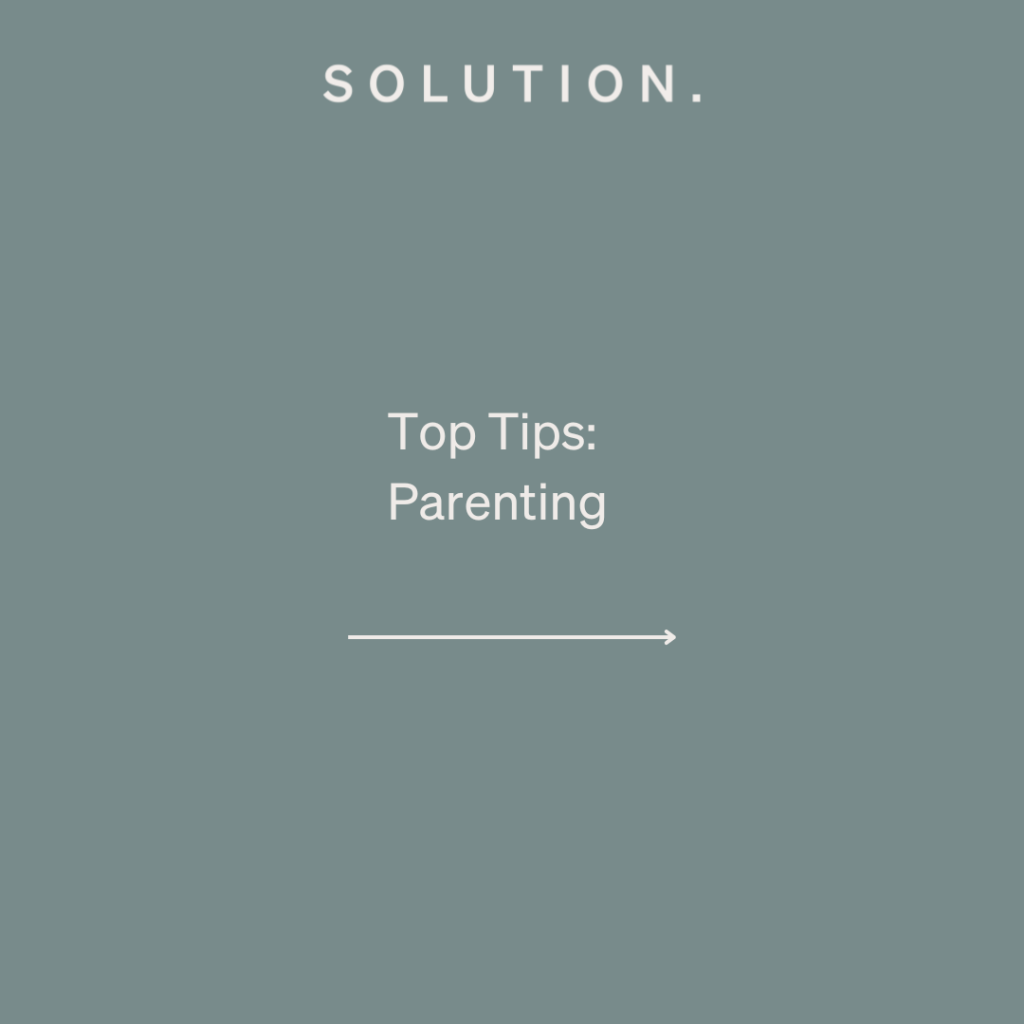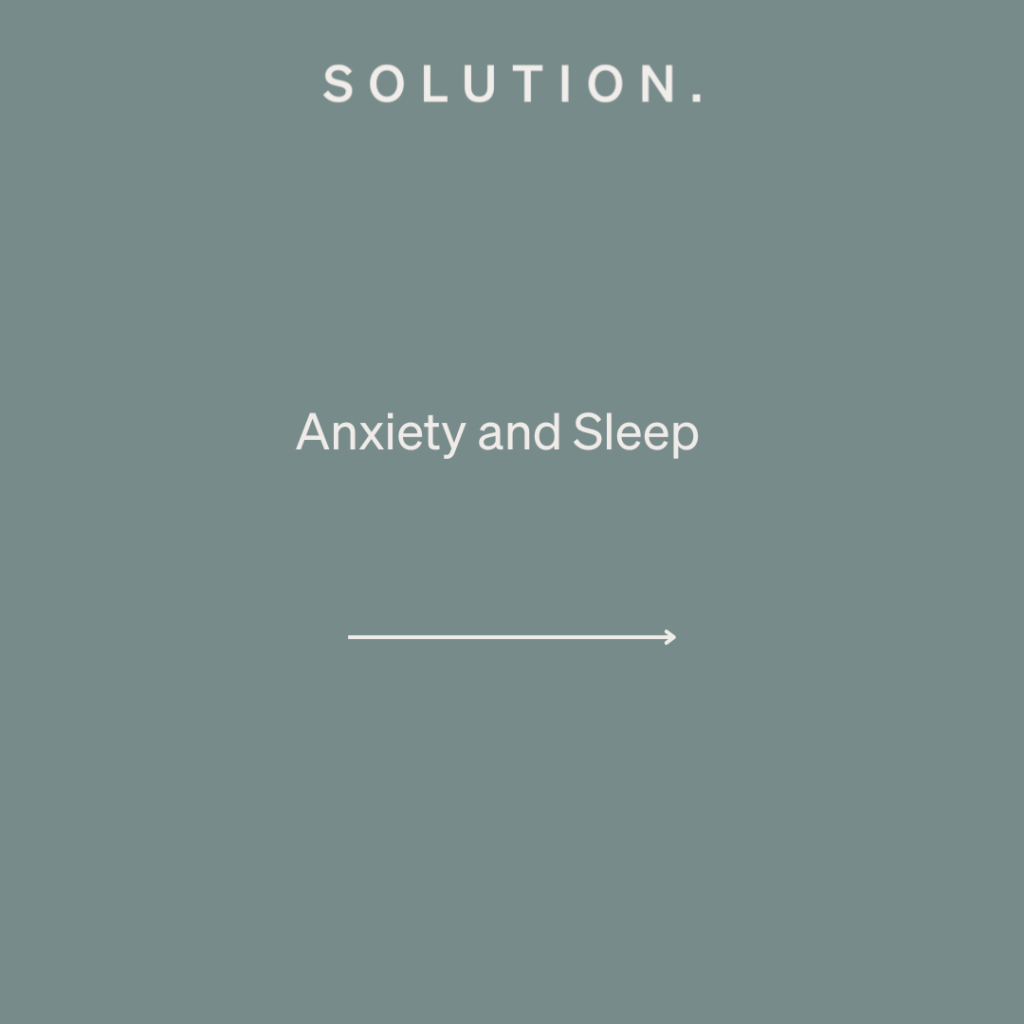Understanding Peri-Menopause and Menopause
Peri-menopause and menopause are natural life transitions that typically occur in a woman’s 40s to early 50s. While experiences vary, common symptoms include hot flashes, night sweats, irregular periods, mood changes, and sleep disturbances.
- Peri-menopause refers to the years leading up to menopause when hormone levels fluctuate.
- Menopause is diagnosed when a woman has gone 12 consecutive months without a period.
These hormonal changes can impact both physical and mental well-being, influencing mood, cognition, and emotional health. Fortunately, increasing awareness and open discussions about menopause are helping to normalise this phase of life and highlight the importance of mental health support.
The Impact of Hormonal Changes on Mental Health
The hormonal shifts that occur during peri-menopause and menopause—particularly the decline in estrogen—can contribute to a range of mental health challenges.
- Emotional Changes: Anxiety, depression, irritability, and mood swings are common.
- Cognitive Effects: Many women experience memory lapses, “brain fog,” and difficulty concentrating.
- Physical Symptoms & Mental Health: Sleep disturbances, hot flashes, and fatigue can worsen mental health challenges.
Quick Fact: Estrogen plays a key role in mood regulation, which is why its decline can significantly impact emotional well-being.
Why Mental Health Support Matters
Taking care of mental health during this transition is essential. Here’s why:
- Normalising the Experience: Menopause-related mental health challenges are common and should not be stigmatised.
- Seeking Professional Help: Mental health professionals with expertise in menopause can provide valuable support and guidance.
- Physical & Emotional Balance: Managing stress, anxiety, and depression can also help alleviate physical symptoms.
Strategies for Supporting Mental Health
1. Psychotherapy & Counselling
- Cognitive Behavioural Therapy (CBT) and mindfulness-based therapies can help manage mood swings and anxiety.
- Therapy provides a space to process emotional changes and develop coping strategies.
2. Medication
- Hormone Replacement Therapy (HRT) or other medications may be recommended for some women—this should be discussed with a healthcare provider.
- Medication should always be managed by a qualified professional.
3. Lifestyle Adjustments
- Exercise: Regular physical activity, such as walking, yoga, or swimming, can boost mood and reduce anxiety.
- Nutrition: A diet rich in whole foods, vitamins, and minerals supports hormone health.
- Sleep: Prioritising sleep hygiene can improve both physical and mental well-being.
4. Mindfulness & Meditation
- Techniques such as deep breathing, guided meditation, and relaxation exercises can help manage stress and anxiety.
5. Support Networks
- Connecting with other women going through similar experiences can provide reassurance and community.
- Local support groups and online forums can be valuable resources.
You Are Not Alone
Experiencing mental health challenges during peri-menopause and menopause is valid—and treatable. With the right support, women can navigate this transition more smoothly and feel more like themselves again.
Allied health professionals can work collaboratively to provide the care and guidance needed to support mental well-being. If you’re looking for support, don’t hesitate to reach out.
Don’t wait to take control of your mental well-being. If you’re experiencing challenges during peri-menopause or menopause, we’re here to help. Contact us today to book an appointment and get the compassionate, personalised care you deserve. Your health and happiness matter—let’s take this journey together.



